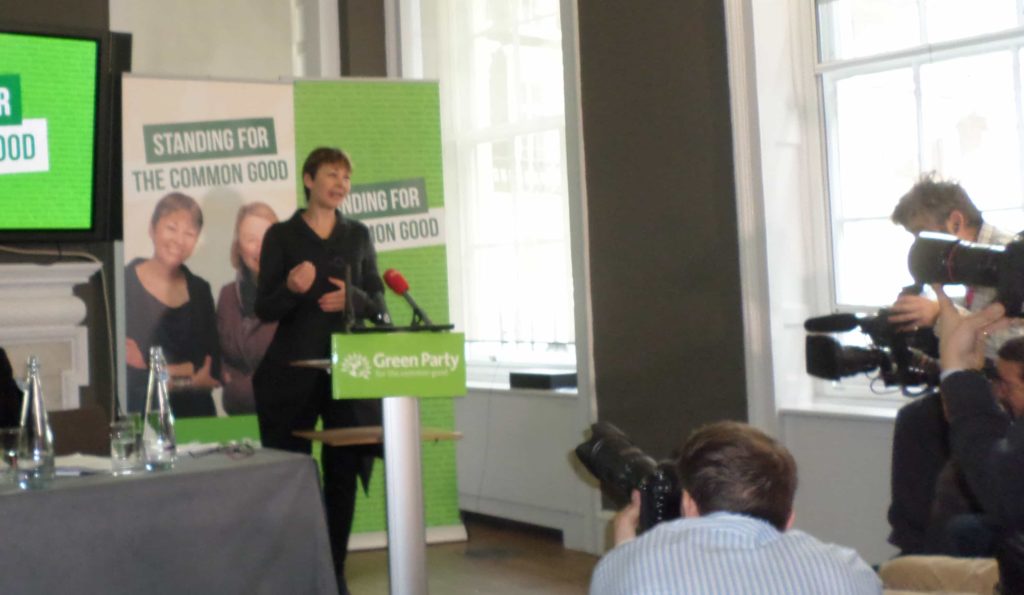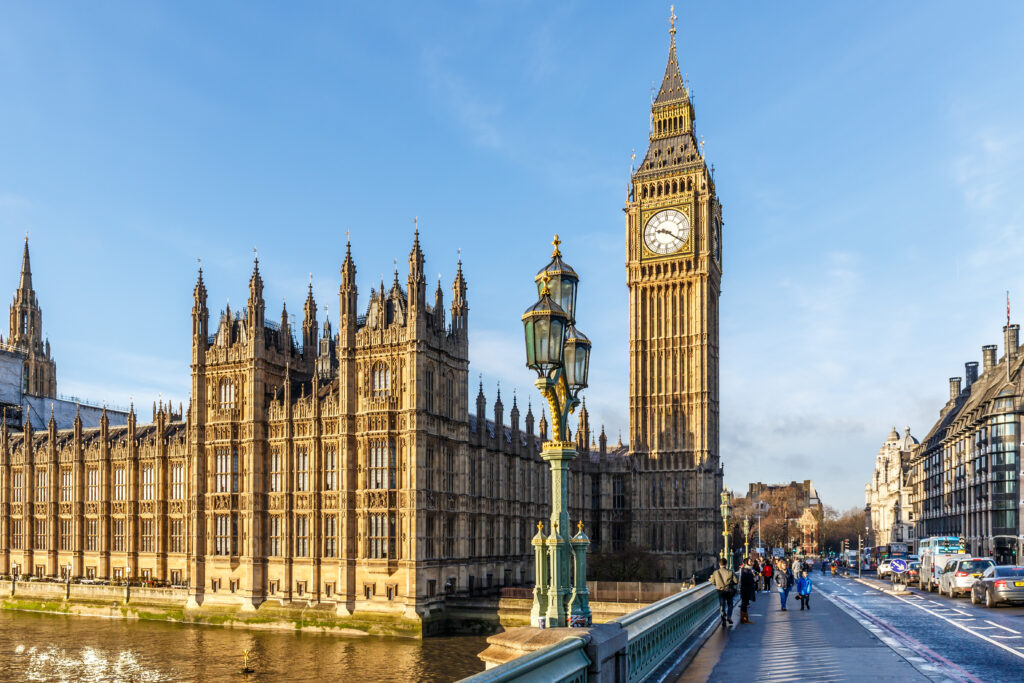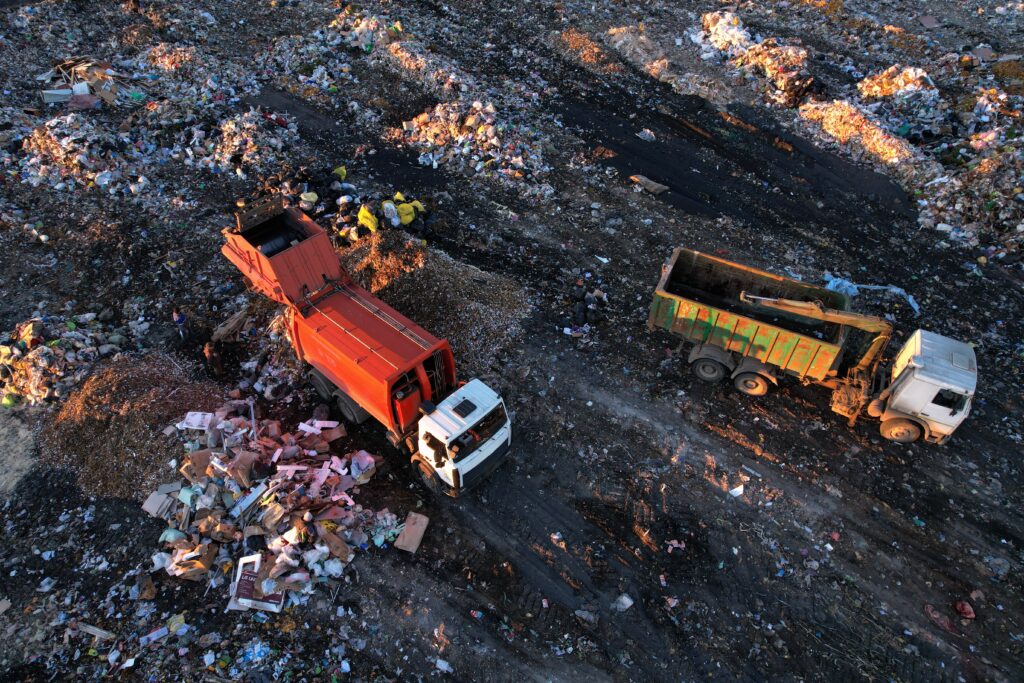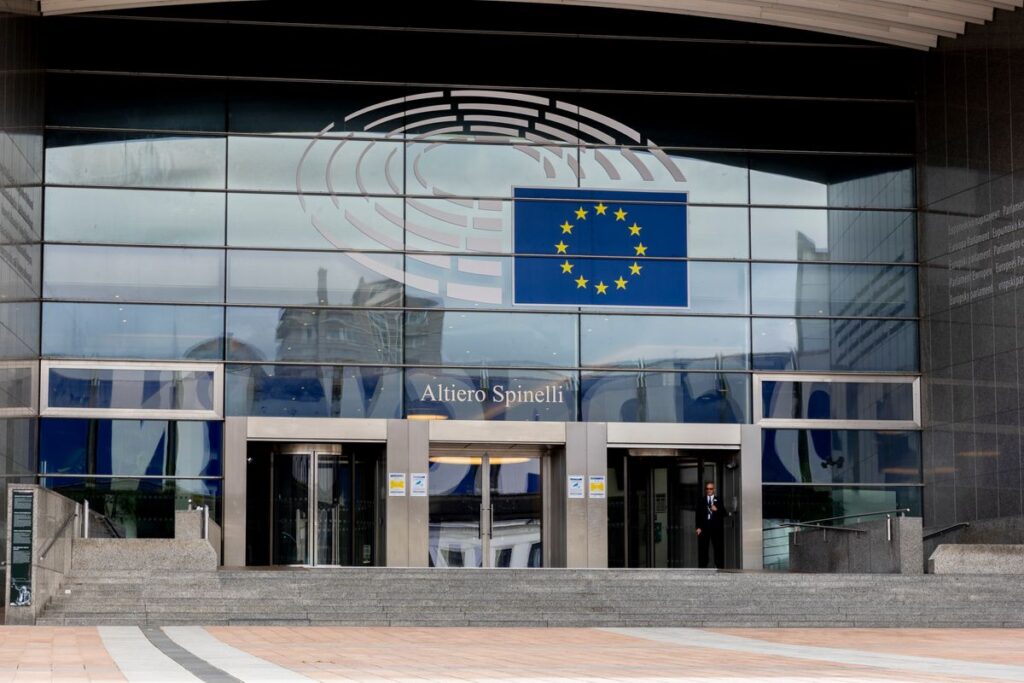And, the Greens would also aim to increase national spending on recycling and waste disposal by an estimated 50% in order to eliminate ‘damaging incineration and landfill’.

On waste and recycling, the draft manifesto pledges to:
- Create a circular economy;
- Reduce what we use, reuse it when we have finished with it, and recycle as a last resort;
- Provide the framework and the infrastructure to help people make the right choices;
- Use [taxation] and regulation to ensure that products and packaging are designed with a view to what happens to them when they stop being useful – so that waste is designed out – and so that can be fixed and be useful for longer;
- Follow Scotland in banning waste food and other organic material being sent to landfill.
- Increase national spending on recycling and waste disposal by about 50%, so that we can do away with damaging incineration and landfill;
- Aim to recycle 70% of domestic waste by 2020 as a move towards a zero-waste system.
The Greens’ proposal to introduce a food waste ban to landfill could strike a chord with voters who were left disappointed by the Labour Party’s U-turn on the policy in January (see letsrecycle.com story).
Target
A 70% recycling target has also been included in the Liberal Democrats’ ‘green laws’ package, albeit with a later deadline of 2030 for England to aspire to (see letsrecycle.com story).
Asked whether achieving a 70% recycling rate by 2020 is realistic given fears England may not even reach its 50% target within the next five years, Green Party candidate Michael de Whalley told letsrecycle.com that there are case studies from Europe showing this is achievable.
Mr de Whalley, who is contesting the North West Norfolk constituency, said: “An ambitious target for 70% recycling reflects the urgency of the need to move to a circular economy. Furthermore, there are communities which have achieved a similar scale of improvement within this timeframe.”

On the Party’s proposal to clamp down on waste incineration, he added: “The fact that we have a landfill tax and no incineration tax gives it an inappropriate advantage over its position in the waste hierarchy.”
Nappy tax
The Green Party has also been outspoken in its support for a tax on disposable nappies, although it is understood the policy is not to be found in the draft manifesto.
The policy would be aimed at reducing the amount of disposable nappies sent to landfill and incineration, as well as contamination at materials recycling facilities.
However, the Party would be willing to “reassess” the need for the tax if more nappy treatment facilities were established in the UK. At present, Knowaste is developing a plant in the South East to process the material (see letsrecycle.com story).
Mr de Whalley said: “If this facility does what it promises and the service is extended country-wide the need for a nappy tax would have to be reappraised.”









Subscribe for free